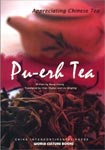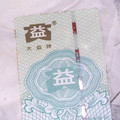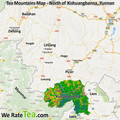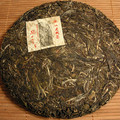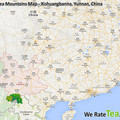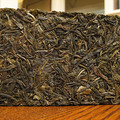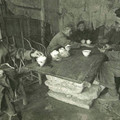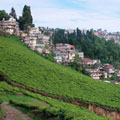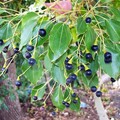 1 review
Added 20.05.2013 by Eternal Spring,
Tea status: [193] A
9428x
1 review
Added 20.05.2013 by Eternal Spring,
Tea status: [193] A
9428xCategory: Pu-erh
Country: China
Province: Yunnan
Harvest: raw material from 2009-2011 mao cha
Producer: Menghai Tea Factory
Shop: Yunnan Sourcing

Tags: Sheng - Raw Puerh , Cake , Menghai , 2012
Description:
Premium blend of first flush of spring tea * Batch 201
This is a newer Menghai release, first released in 2005 and then again in 2006, 2007, and 2008. This recipe is comprised entirely of Menghai county early spring raw material from 2009-2011 mao cha. It's special characteristics are bitter, pungent, aromatic and thick and full in the mouth. The tea quickly causes salivating in the mouth and cha qi is warming.
Tightly rolled leaves lock in the pungent aroma!
Producer: Menghai Tea Factory
Vintage: 2012 / Batch 201
Tea Weight: 357 grams
42 cakes per case

 Shops
Shops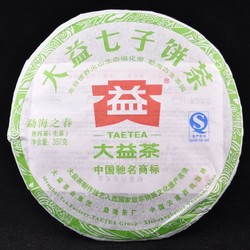



 Share on Facebook
Share on Facebook










